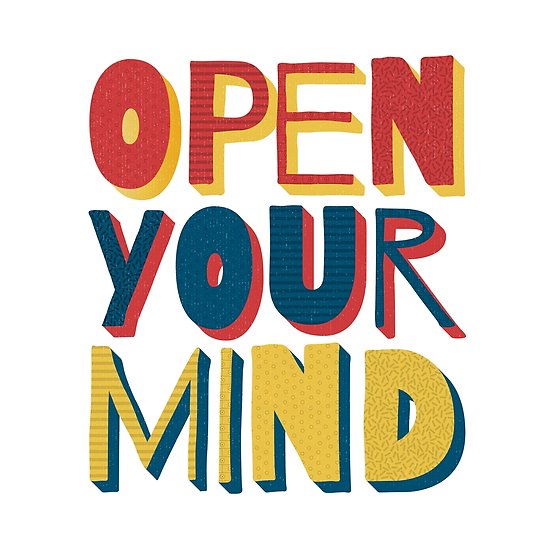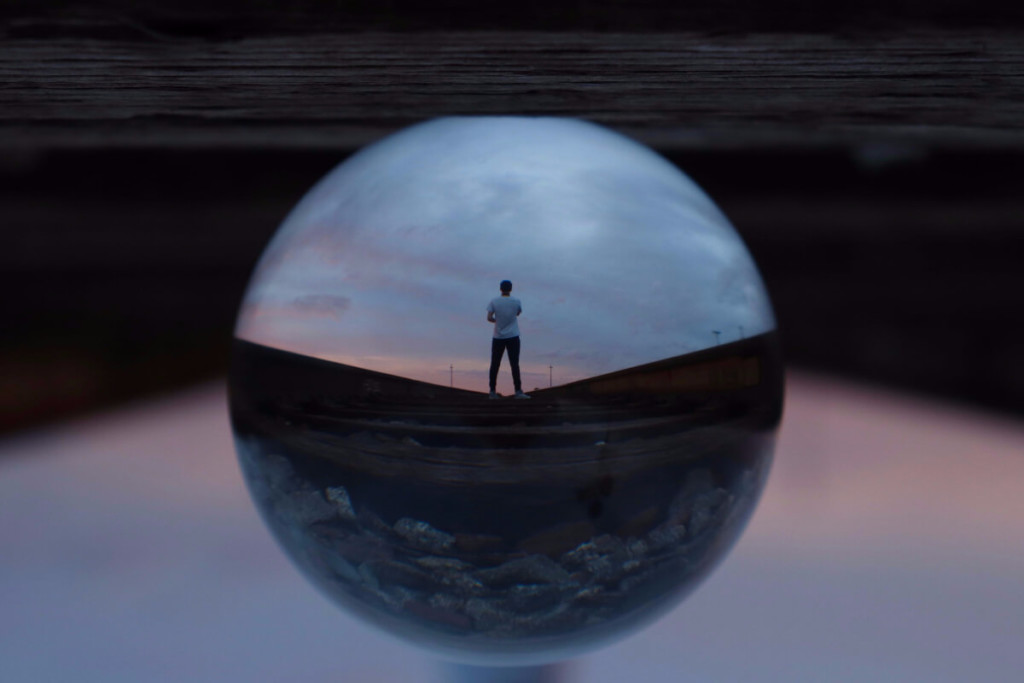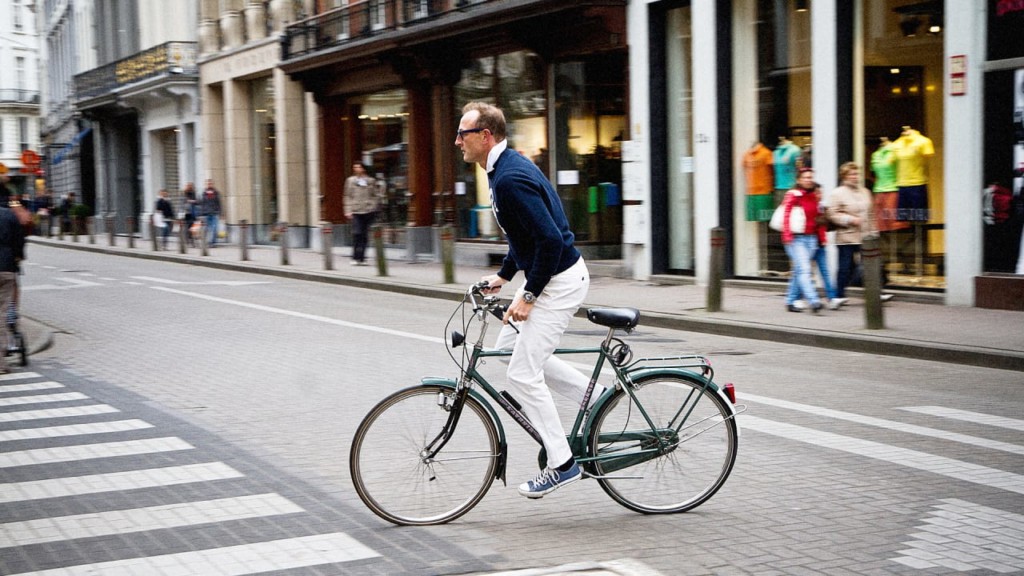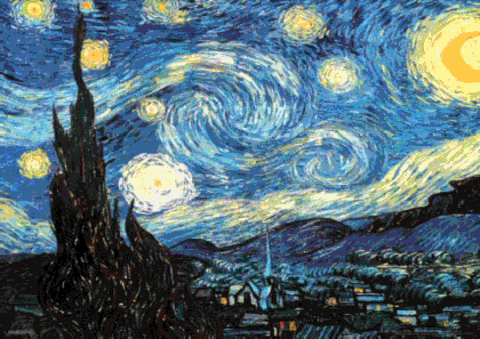Innovation and collaborative thinking are all the rage in 2019. Companies all fields are investing money, time and efforts into developing a more creative environment in which people can work towards innovative solutions for daily and complex problems.
What Is Innovation Facilitation?
Companies have noticed that when people co-create, the results of that collaboration are often more positive than the results, someone would be able to produce alone. A person who can mediate the creative process of a group is a crucial part of the process of promoting innovation within an organisation.
Facilitation is a concept based on this ability; a facilitator is a person who can mediate and moderate interactions, give the right cues, point people in the best direction for innovation to be achieved in the fastest way. An Innovation Facilitator will act not only as a “collective thinking organiser” but also as the main source of knowledge the group they are mediating.
1- No Judgment
The first rule to creativity is not to judge any ideas – yours or someone else’s. When participating in a meeting or brainstorming session, it is important for people to let the ideas flow, to let them exist. Write down as many ideas as you can – silly ones, great ones and wild ones. Every idea counts for something.
2- Solitude Is Your Friend
Solitude in the sense of “alone time”, not in the sense of “loneliness”. Having some introspective time is extremely important to the creative process. On his book, The Courage to Create, psychologist Rollo May writes: “In order to be open to creativity, one must have the capacity for constructive use of solitude. One must overcome the fear of being alone. You need to get in touch with that inner monologue to be able to express it. It’s hard to find that inner creative voice if you’re not getting in touch with yourself and reflecting on yourself”.
3- Don’t Fear Fail
Taking risks and being creative are pretty much synonyms. Feeling too comfortable won’t do your creative bone any favours.
Author and Forbes columnist, Steven Kloter said: “Creativity is the act of making something out of nothing. This requires making public for the first time the ideas that existed in imagination only. Wasted time, stained reputation and spending money are all by-products of creativity”.
4- Get Out Of Your Bubble
Reading the same type of content, talking to the usual suspects, sharing your life only with people who agree with you will do one thing only: teach you nothing new. In order to defy your mind and expand your ideas into more creative ones, it’s important that you watch films of a genre you wouldn’t normally choose, be eclectic in your music consumption and talk to people who disagree with you.
5- Use Your “Other” Hand
Yep, you’ve read it right. Using your “other” hand to perform tasks you’d normally use your “better” hand for can be beneficial to your brain. Start with something simple such as brushing your teeth and notice your brain waking up and disconnecting from auto-pilot mode.
Creating expansion in your nervous system will allow your memory, concentration and creativity to increase.
6- Change Your Work Route
Taking a different way to work may seem like an odd thing to do: it might take you longer; you may be late, you may get lost. The great thing about changing your everyday route is that you will experience different places, people and situations on your way. If you drive, perhaps you should take the bus. If you take the train, could you maybe get a ferry? Exposing yourself to unexpected things will spark your imagination and allow your creativity to flow.
7- Write Your Dreams Down
We mean the sleeping kind. Studies have shown that there is a direct correlation between dreams and creativity. In the article Minding the Dreamer Within: An Experimental Study on the Effects of Enhanced Dream Recall on Creative Thinking, Mauricio Sierra-Siegert notes that half of one particular study participants wrote down their dreams every night for a month, while the other half did not. Participants took creativity tests every day and, the people who were assigned to write down their dreams down were significantly better at the creativity tests in comparison to the people who were not.
8- Inspire Yourself
Art is the greatest font of inspiration there is. Go to galleries, watch movies, listen to music, read, walk around your city. Doesn’t matter what type of art you choose, what matters is that you fill your head with inspiring things created by creative people.
Want to go deeper on this subject? The below courses can help you tap into your creativity:
Design Thinking Specialisation
*This article was translated, adapted and edited by Rani Ghazzaoui Luke.
—
Follow us on social
Instagram – Facebook – LinkedIn
How Can We Help?
For training and Innovation Journeys in your company: check out our in-house course offering
For upcoming courses in your region: visit our website.
If you have a special project and would like to use Echos’ consultancy services: send us an email.
Want to speak to a real person? Call us on 1300 502 006










